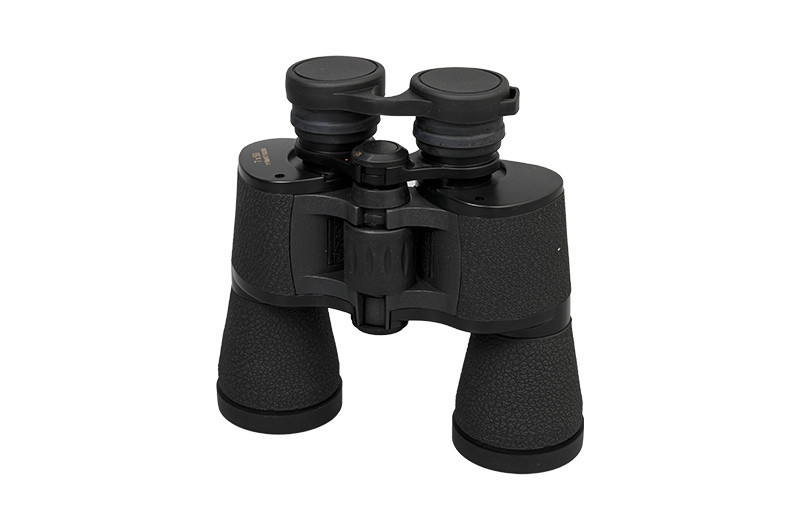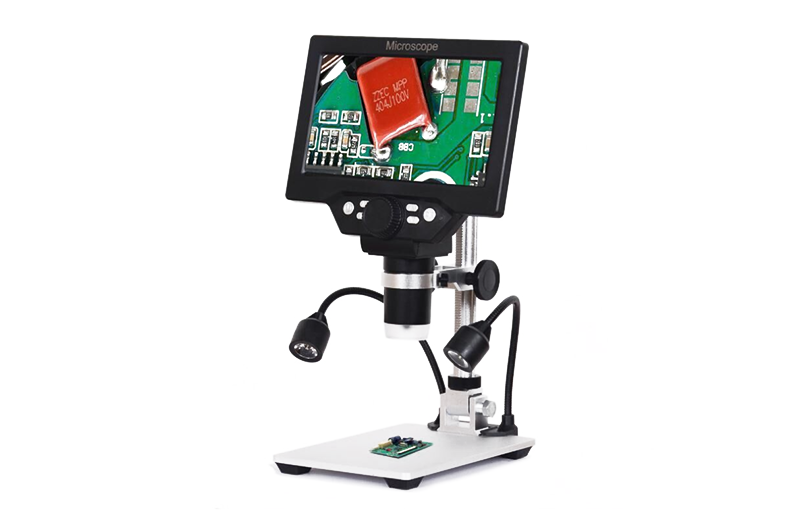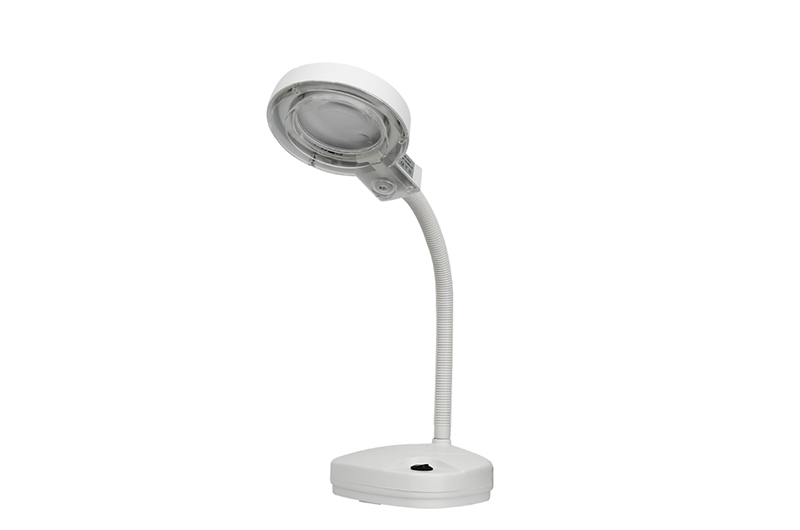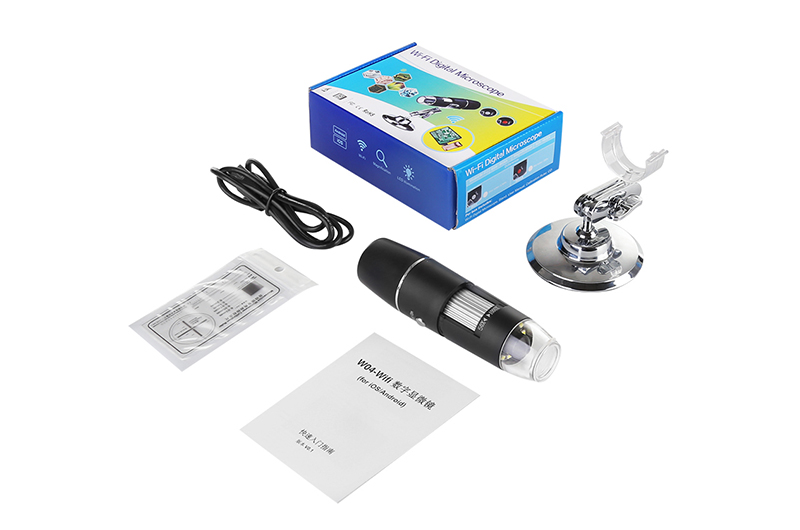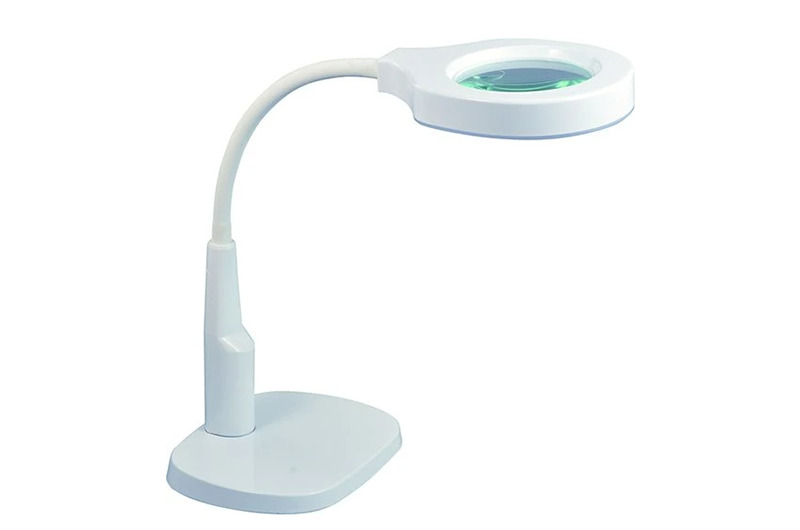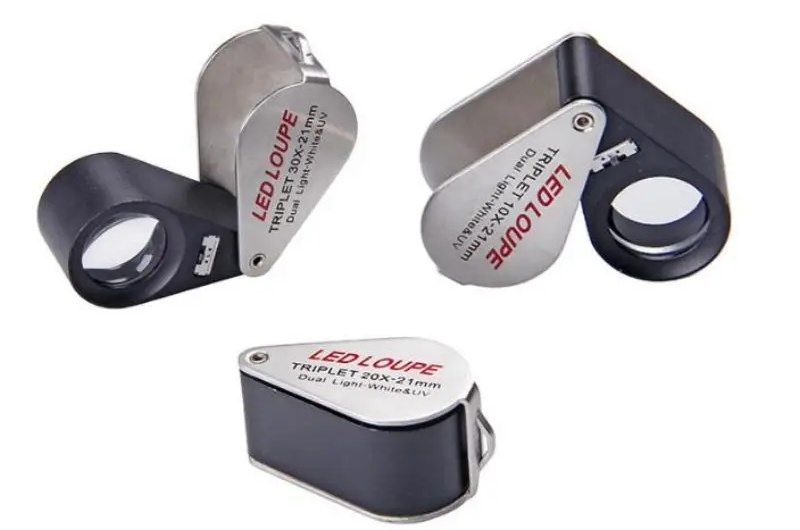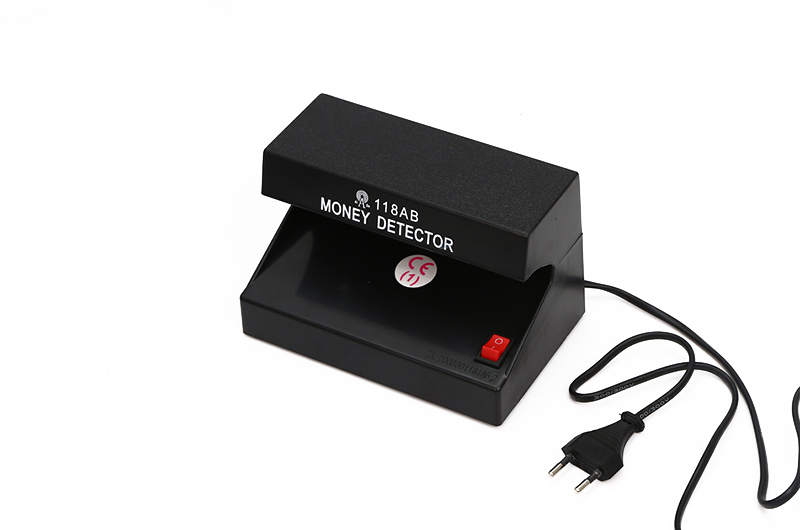10×50 binocular outdoor hiking camping waterproof binoculars
Product Parameters
| Model: | 198 10X50 |
| MULTIPLE | 10X |
| APERTURE | 50MM |
| ANGLE | 6.4° |
| EYE RELIEF | 12MM |
| PRISM | K9 |
| RELATIVE BRIGHTNESS | 25 |
| WEIGHT | 840G |
| VOLUME | 195X60X180 |
| TRIPOD ADAPTER | YES |
| WATERPROOF | NO |
| SYSTEM | CENT. |
What are binoculars?
Binoculars, optical instrument, usually handheld, for providing a magnified stereoscopic view of distant objects. It consists of two similar telescopes, one for each eye, mounted on a single frame.
1. Magnification
The magnification of a binocular is the number that is written with the x. So if the binocular says 7x, it means it magnifies the subject seven times. For instance, a bird 1,000 metres away will appear as if it was at a distance 100 metres away as see with the naked eyes. The best magnifications for regular use are between 7x and 12x, anything beyond and it will be tough to manage without a tripod.
2. Objective Lens Diameter
The objective lens is the one opposite the eye piece. The size of this lens is crucial because it determines the amount of light that enters the binoculars. So for low light conditions, you get better images if you have a bigger diameter objective lens. The lens size in mm comes after the x. A ratio of 5 in relation to the magnification is ideal. Between an 8×25 and 8×40 lenses, the latter creates a brighter and better image with its bigger diameter.
3. Lens Quality, Coating
The lens coating is important because it reduces the amount of light reflected and allows the maximum amount of light to enter. The quality of the lens, meanwhile, ensures the image is aberration free and has better contrast. The best lenses work better in low light conditions as they transmit more light. They also ensure that the colours are not washed out or distorted. Users with spectacles should look for a high eyepoint.
4. Field of View/Exit Pupil
FoW refers to the diameter of the area seen through the glasses and is expressed in degrees. The larger the field of view the larger the area you can see. Exit pupil, meanwhile, is the image formed on the eyepiece for your pupil to see. Lens diameter divided by magnification gives you the exit pupil. An exit pupil of 7mm gives maximum light to the dilated eye and is ideal for use in twilight and dark conditions.
5. Weight & Eye Strain
One should consider the weight of a binocular before buying it. Consider if using the binoculars for a prolonged time tires you. Similarly, use a binocular and see if it is taxing on your eye. While it is difficult to use regular binoculars for more than a few minutes at a time, the high-end ones hardly cause any eye strain and can be used for long hours at a stretch if needed.
6. Waterproofing
Since binoculars are an essentially outdoor products, it is important that they have some degree of waterproofing-this is usually denoted as “WP”. While regular models can stay under limited amounts of water for a few minutes, the high-end models are left undamaged even after a couple of hours submerged in water.
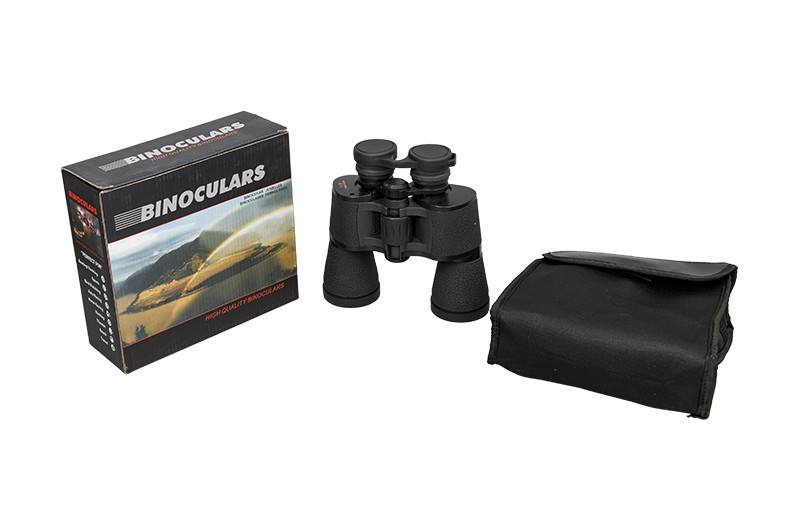
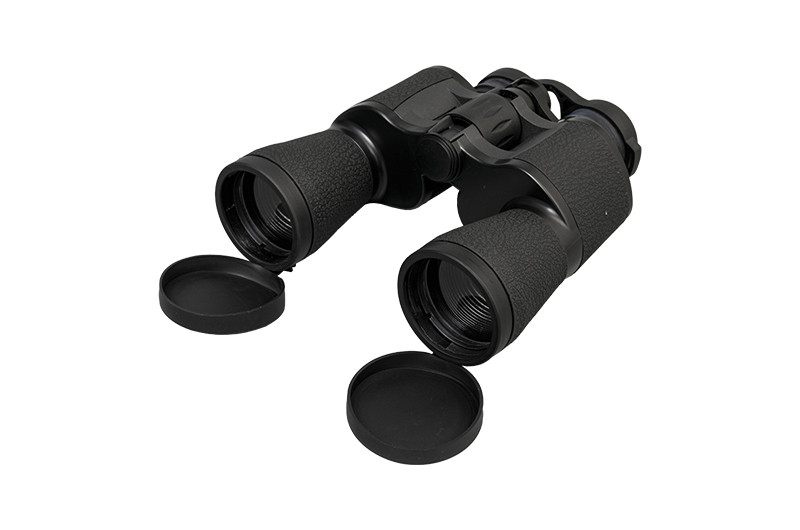
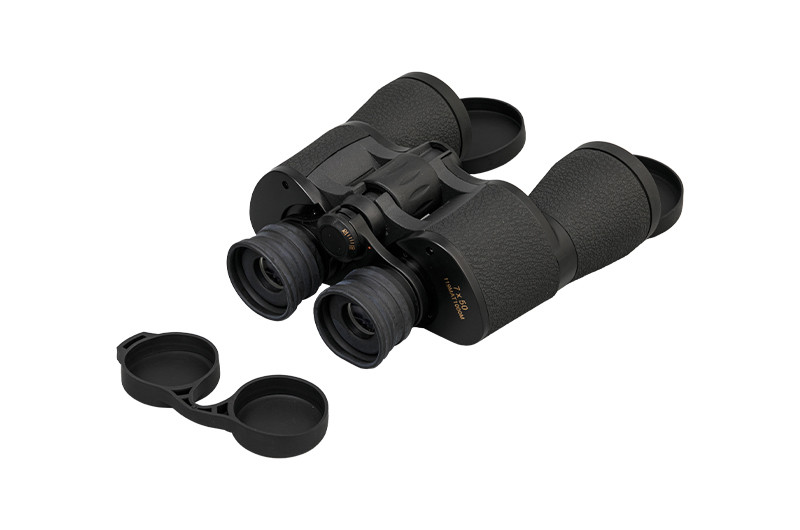
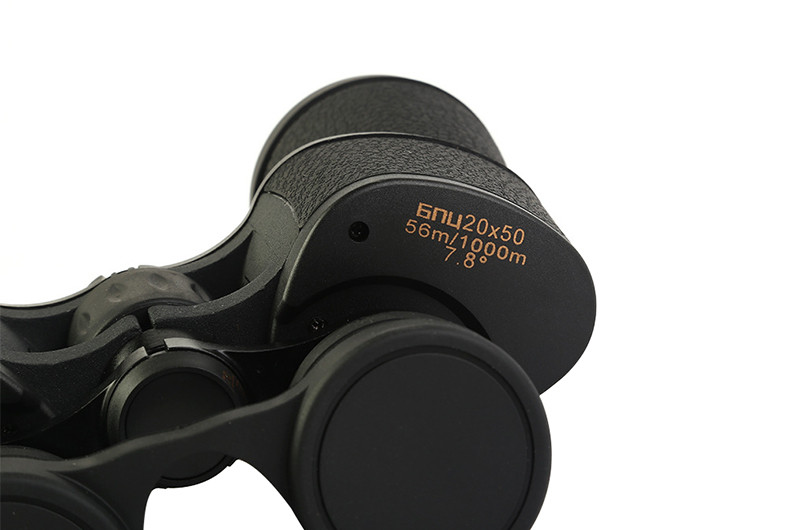
Recommendations for telescope selection:
TRAVEL
Look for compact, lightweight models with mid-range magnification and field of view.
BIRD & NATURE WATCHING
Needs wide field of view and magnification of between 7x and 12x.
OUTDOORS
Look for rugged models with waterproofing, portability and durability. Ideal magnification is between 8x and 10x. Also look for large objective diameter and good lens coating so that it works well in rising and setting sun conditions.
MARINE
Look for waterproofing with a wide field of view and vibration reduction if possible.
ASTRONOMY
Aberration corrected binoculars with large objective diameter and exit pupil are best.
THEATRE/MUSEUM
Compact models with magnification of 4x to 10x can be effective while watching stage performances. In museums, lightweight models with low magnification and focusing distance of less than two metres are recommended.
SPORTS
Look for wide field of view and 7x to 10x magnification. Zoom functionality can be an added advantage.
Operating principle:
Among all optical instruments, except cameras, binoculars are the most popular. It enables people to watch the games and concerts more carefully and adds a lot of fun. In addition, binocular telescopes provide a sense of depth that monocular telescopes can’t catch up with. The most popular binocular telescope uses a convex lens. Because the convex lens reverses the image up and down and left and right, it is necessary to use a set of prisms to correct the inverted image. Light passes through these prisms from the objective lens to the eyepiece, which needs four reflections. In this way, light travels a long way in a short distance, so the barrel of binocular telescope can be much shorter than that of monocular telescope. They can magnify distant targets, so through them, the distant scenery can be seen more clearly. Unlike monocular telescopes, binocular telescopes can also give users a sense of depth, that is, a perspective effect. This is because when people’s eyes look at the same image from slightly different angles, it will produce a three-dimensional effect.
Welcome to enquiry us, thank you.






